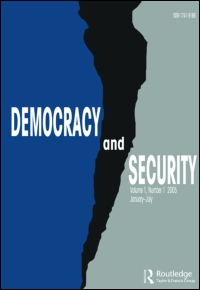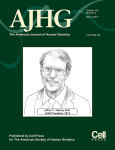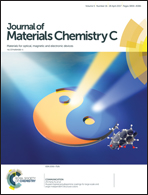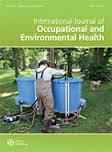 Chinese biomedical researchers estimate that 40% of research in their country has been affected in some way by misconduct, according to a new survey.
Chinese biomedical researchers estimate that 40% of research in their country has been affected in some way by misconduct, according to a new survey.
The authors are quick to caution against putting too much stock in this figure due to the subjective nature of the survey, published in Science and Engineering Ethics. The estimates also spanned a wide range, with a standard deviation of ±24%. But they say that the responses to this question and others on the survey suggest that scientists in the region feel academic misconduct remains a major problem that authorities have failed to adequately address. (Indeed, a recent analysis from Quartz using Retraction Watch data showed that researchers based in China publish more papers retracted for fake peer reviews than all other countries put together.)
The survey was designed by employees at Medjaden, a Hong Kong-based editing company that assists mainland Chinese biomedical researchers publishing in English-language journals. They invited all of their registered users by email to complete two surveys—roughly 10,000 users in 2010 and 15,000 in 2015. Like most online surveys, this one had a low response rate—around 5%, so caveats about sampling bias apply.
Study co-author Hua He, who is also Medjaden’s CEO, said:
 Could a scientific paper ever be considered an advertisement?
Could a scientific paper ever be considered an advertisement?
 In August, the U.S. Office of Research Integrity announced that a former postdoctoral fellow at the National Human Genome Research Institute (NHGRI)
In August, the U.S. Office of Research Integrity announced that a former postdoctoral fellow at the National Human Genome Research Institute (NHGRI) 


 A representative of Taylor & Francis has responded to concerns raised by former and current editorial board members of an occupational health journal, after the publisher took some significant actions without consulting the board.
A representative of Taylor & Francis has responded to concerns raised by former and current editorial board members of an occupational health journal, after the publisher took some significant actions without consulting the board.